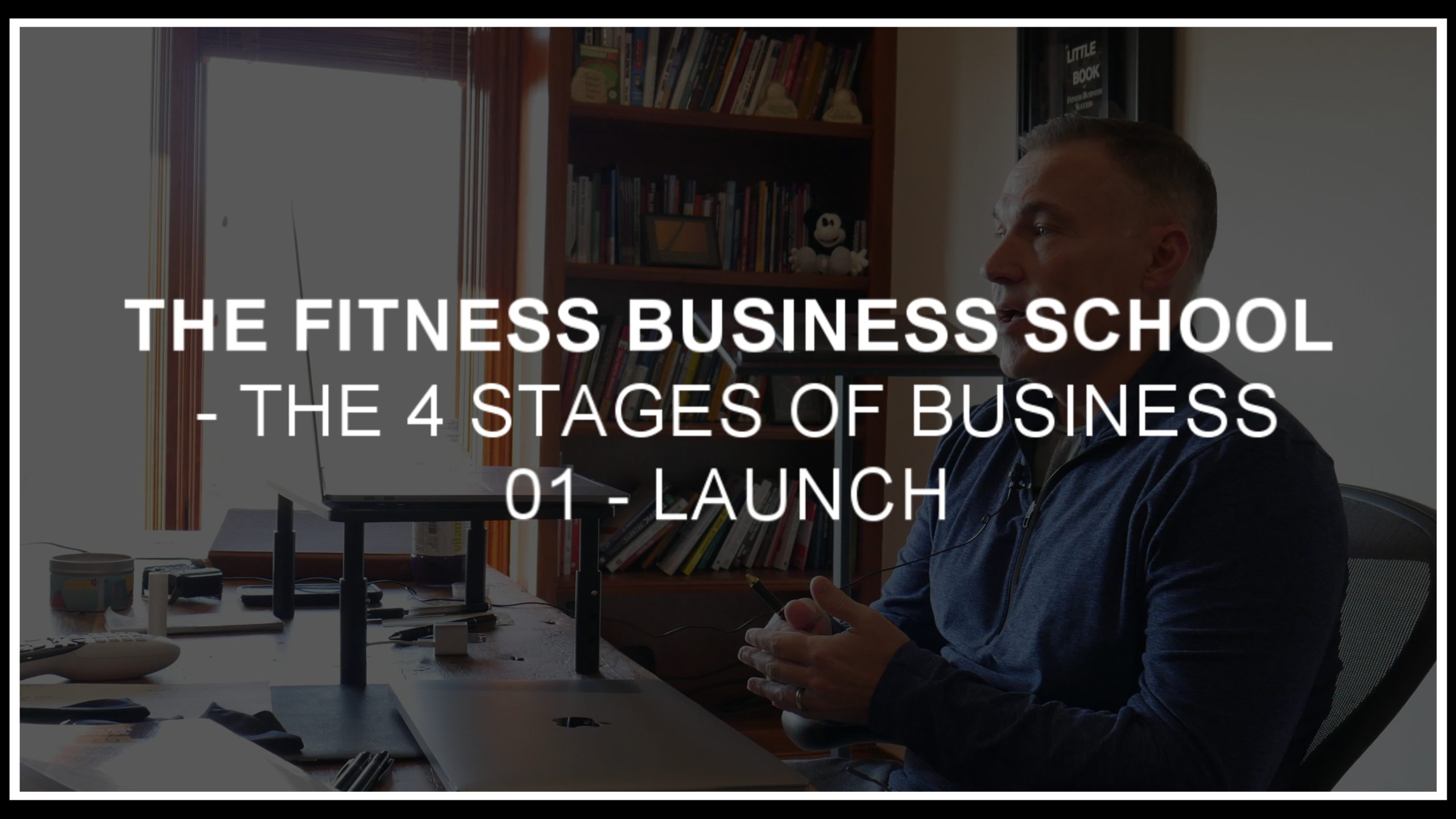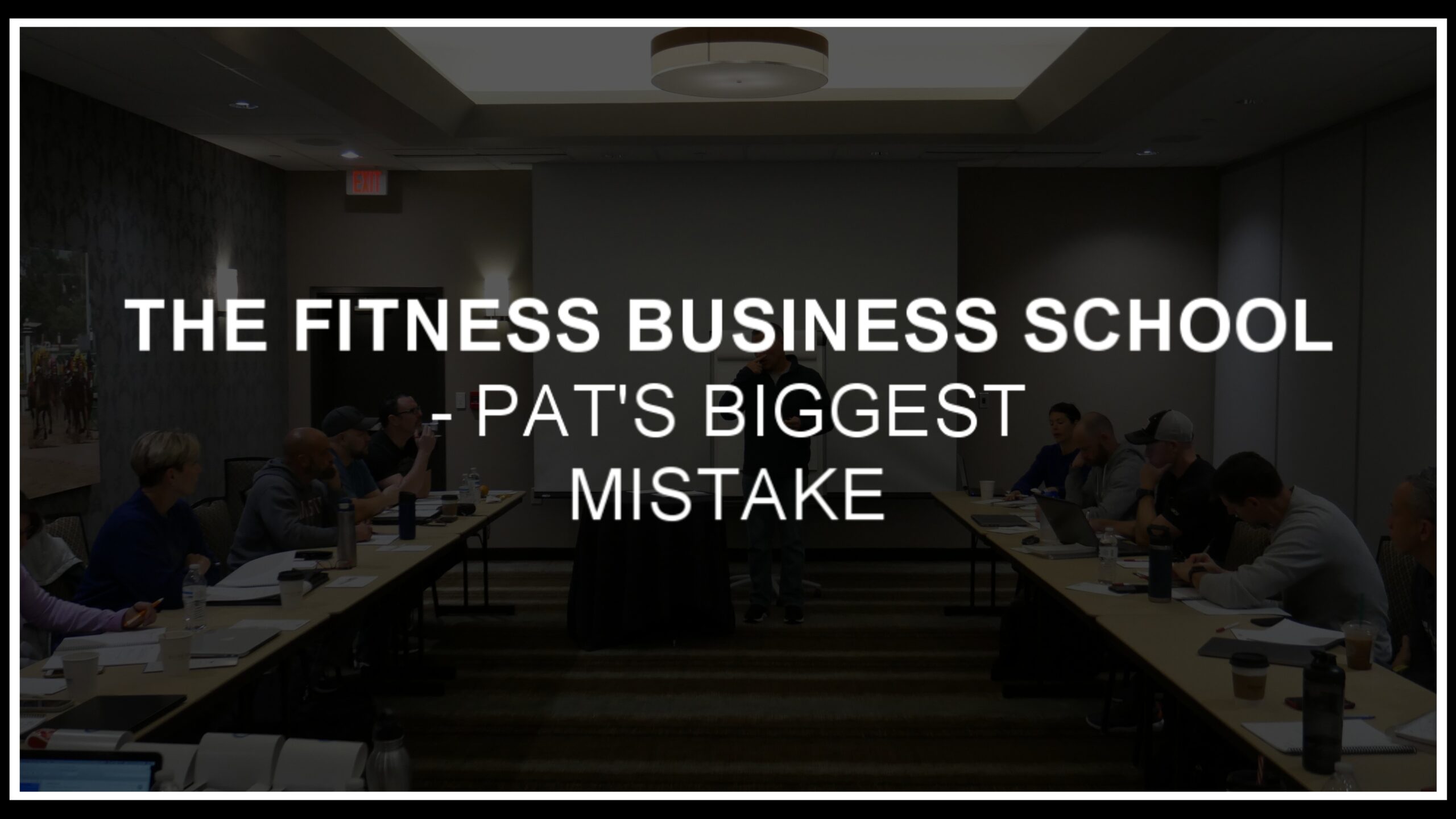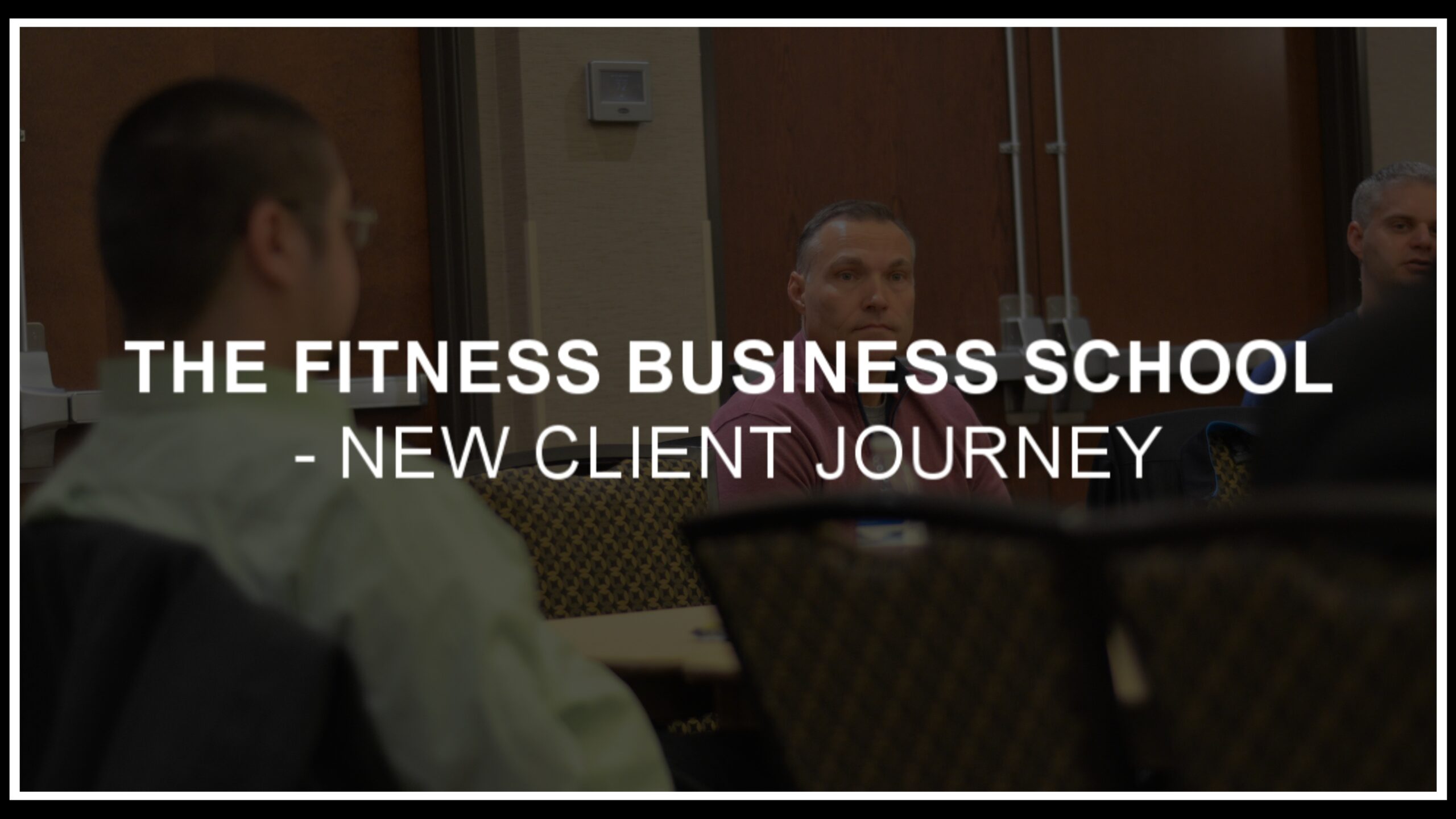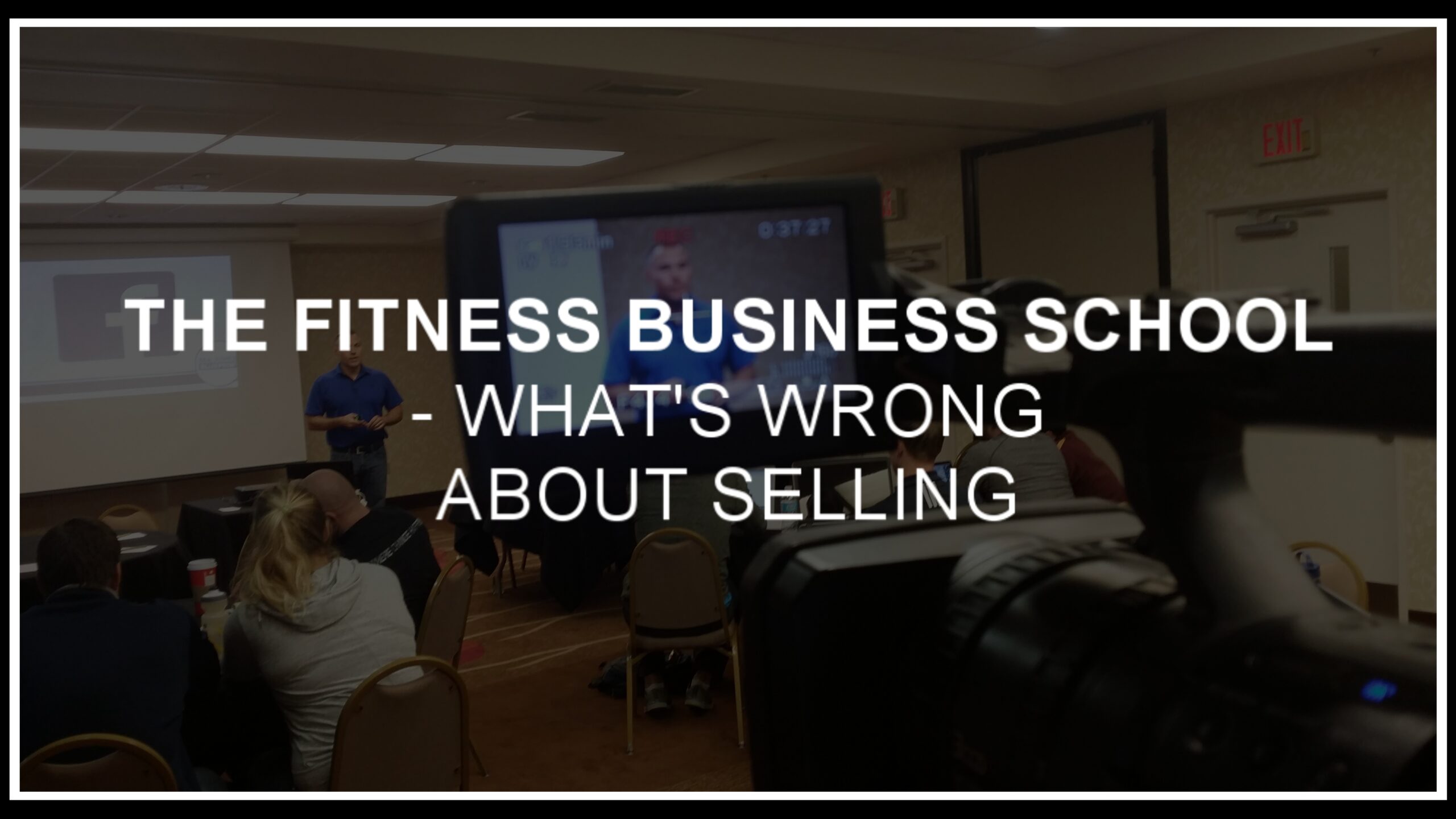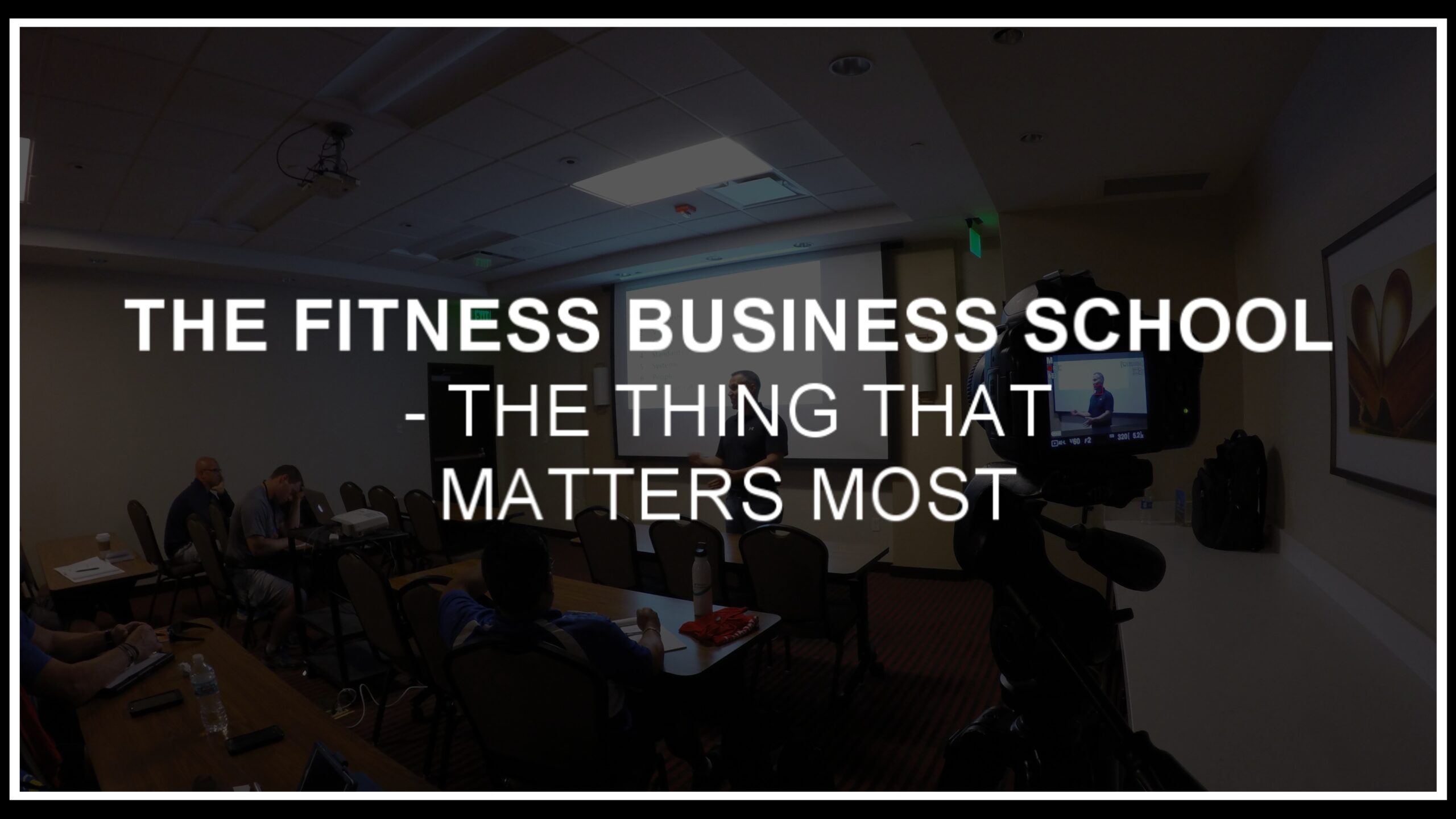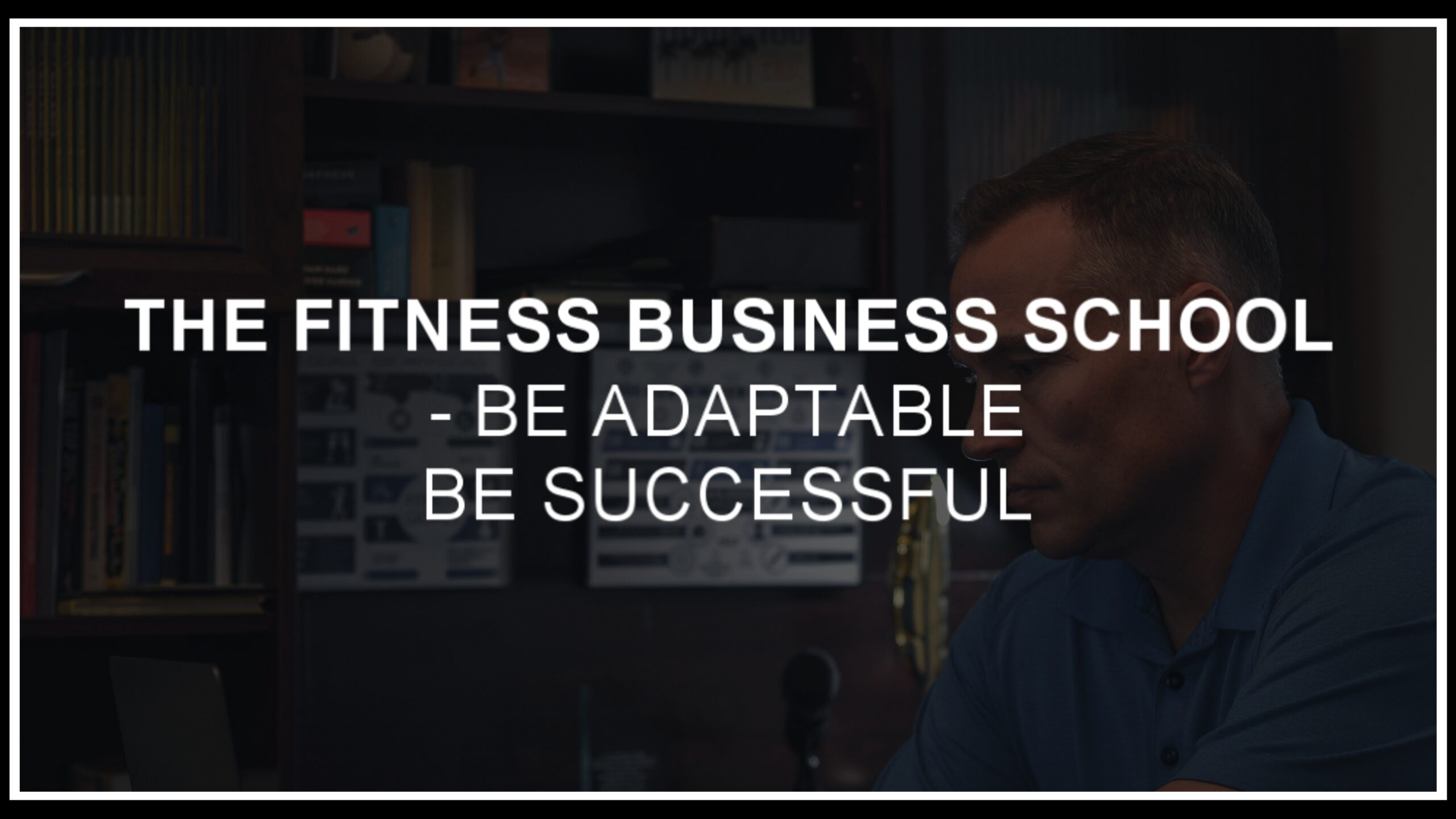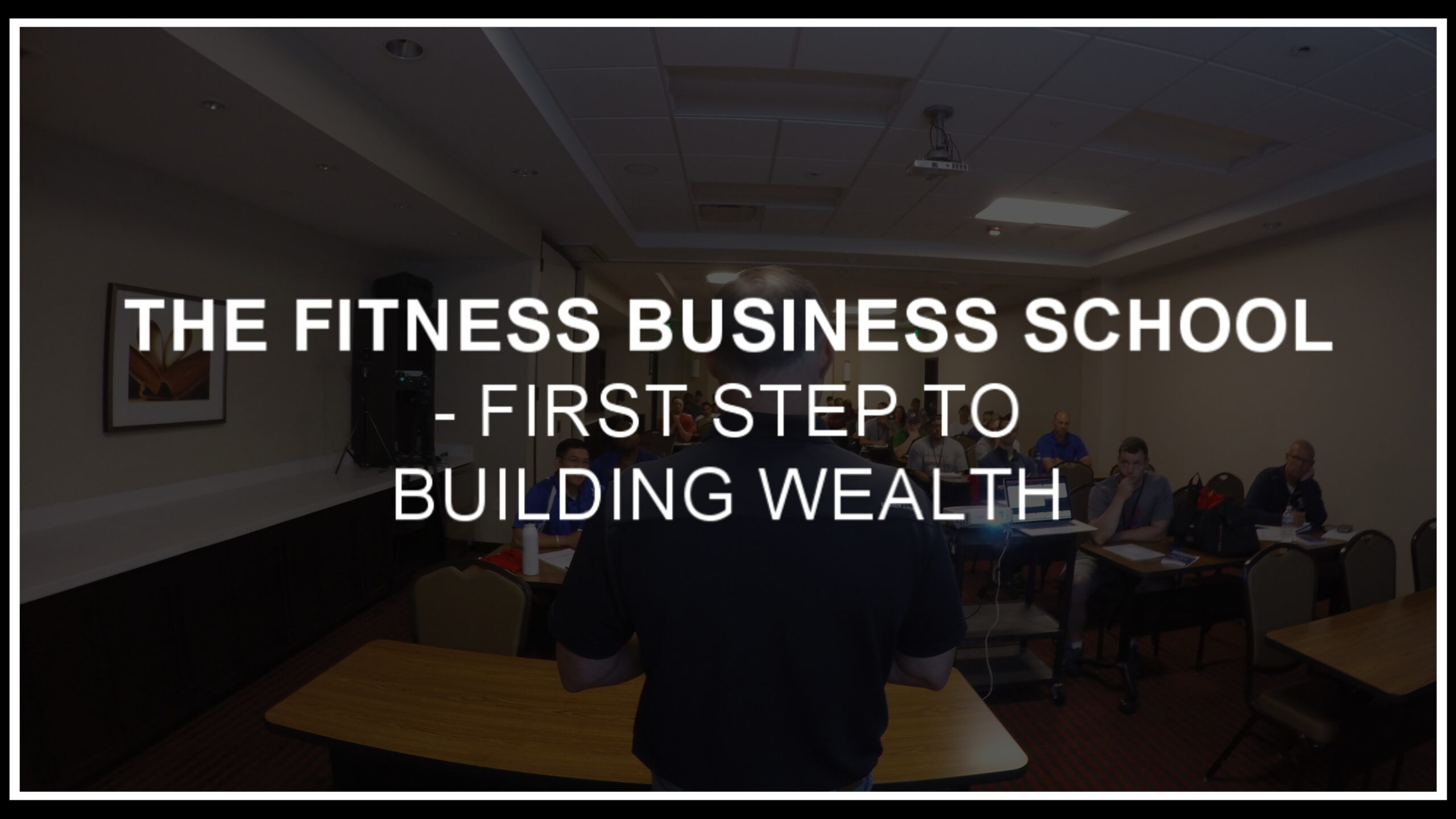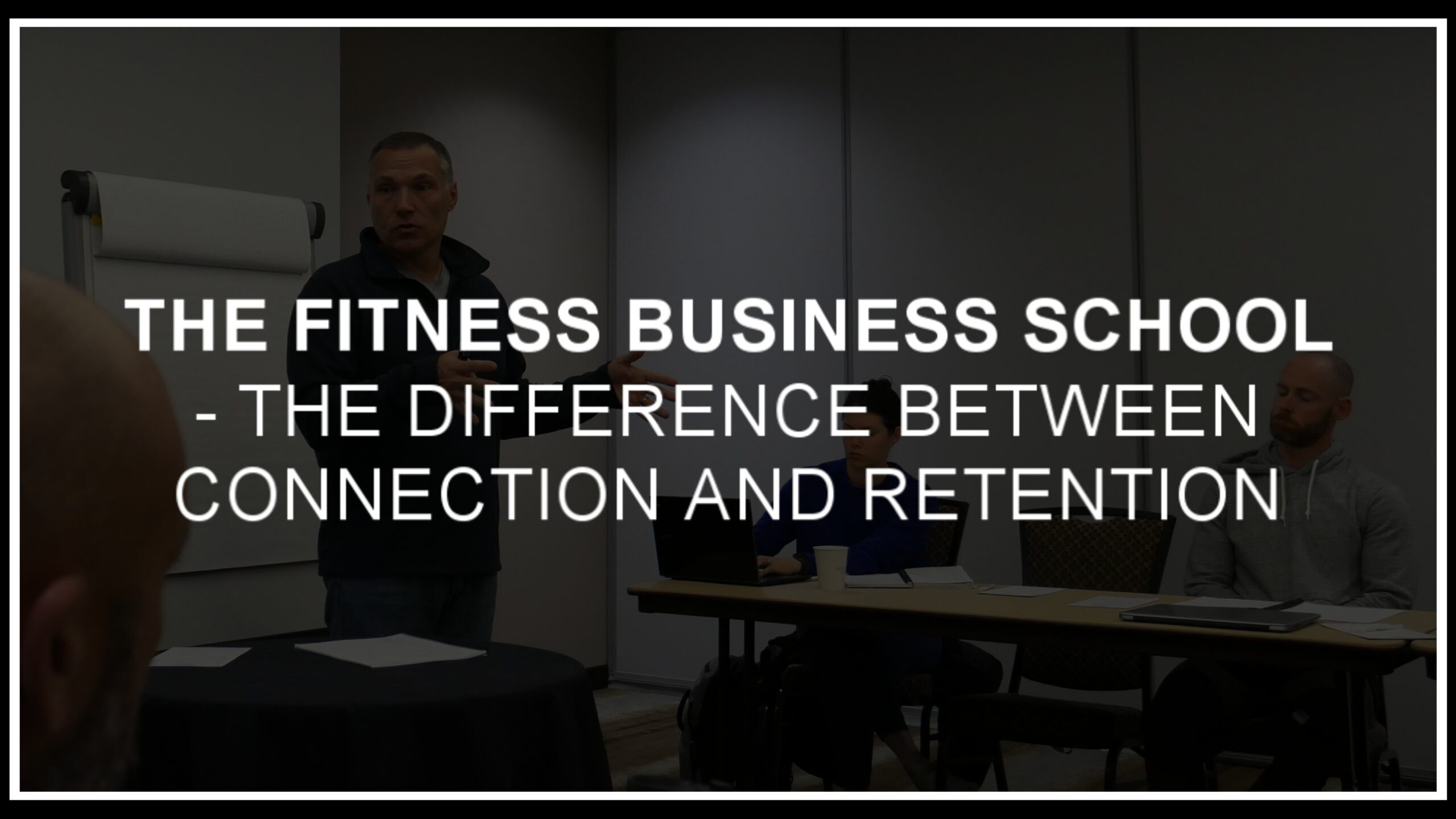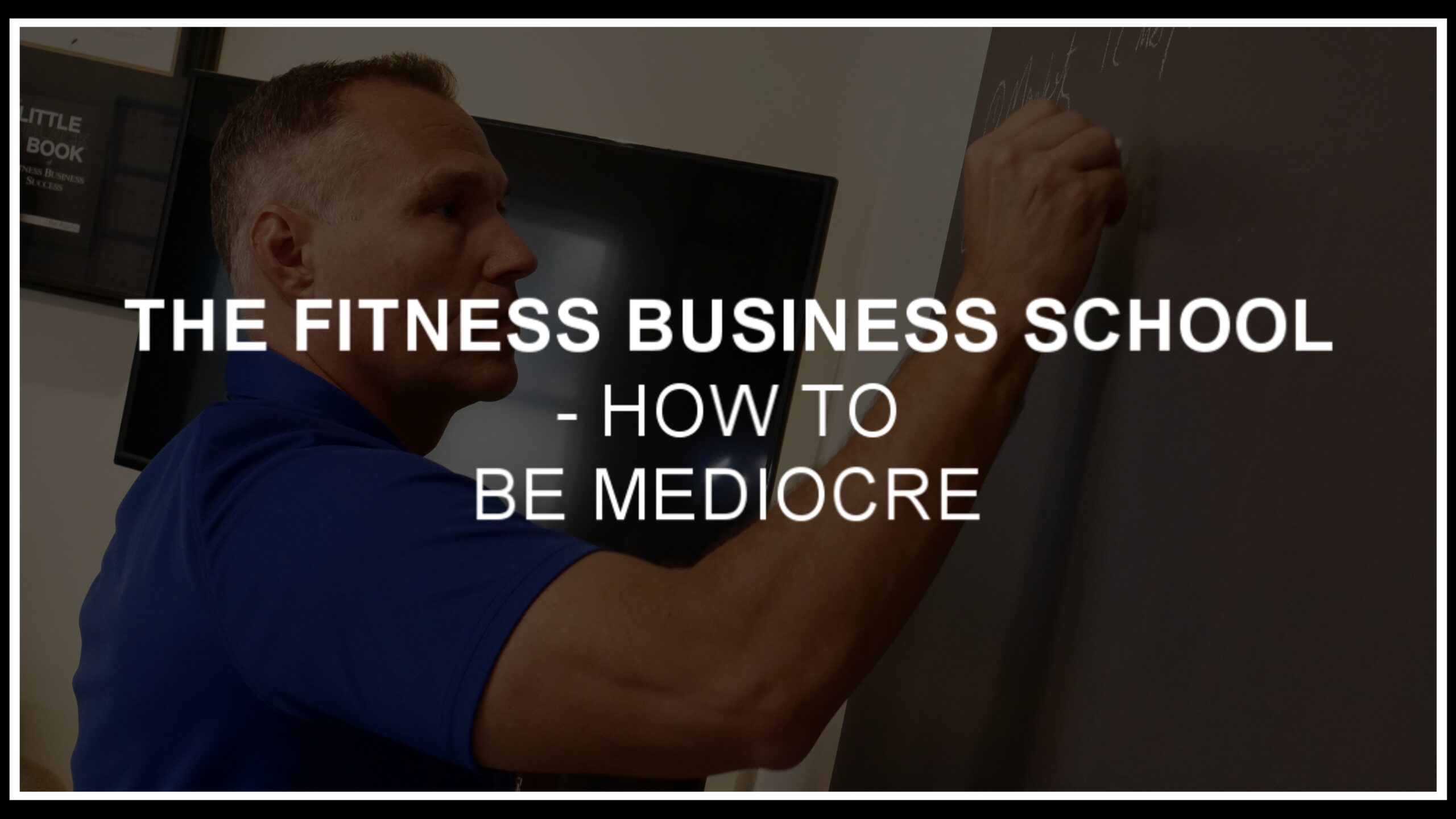Show Notes
- Everything has stage – even if they aren’t black and white
- The 1st stage of business is the launch stage
- There’s a lot to learn and unexpected issues
- You’re excited about being your own boss, but you’re busy
- The launch is the hustle phase to pay your dues
- Typically the money is less than the job you left
- You start learning operations and actual business knowledge
- If you’re still in this phase in 3 years in, its time to change up
- You need to shape your business model and build a foundation
P.S. – 6-Weeks of Coaching…Free.
Get a surge of new clients and revenue over the next 6 Weeks with ZERO FEE and no obligation to continue?
If you’re a current business owner who wants to add 50K or more in annual revenue over the next 12 month, you can Test Drive our coaching program for 6 Weeks with no fee or even an obligation to continue as a way to demonstrate how we can help you grow your business.
No strings attached. No obligation. You get our best coaching & tools…and hopefully, you’ll love it enough that you want to keep working together.
Would you be interested in discussing?
If so, email me here with ‘interested’ in subject line and we’ll set up a chat.
Full Transcript
Hey, Pat Rigsby here an in today’s episode, we’re gonna talk about the four stages of business. Personally, I see businesses evolving through four stages, and we’re gonna break it down in a four-part series, so let’s get to it.
Welcome to the fitness business school podcast. The show for fitness business owners who want to grow their income, increase their end impact and improve their lifestyle. Be sure to listen to the end of this episode, because we have a brand new special offer exclusive for listeners. So stay tuned.
I think about business and stages. I don’t know if it’s just because so much of what I went through as an athlete or as a coach you ascend up the ladder, in little league, your 10 year old, 11 year old, 12 year old, and you’re trying to move up to that kind of peak spot in the age group. In school, both as a student. And then when I worked at a university, there’s that freshman, sophomore, junior, senior thing even though I didn’t participate in martial arts, I certainly was a, a aware of the belt system, and we even employed a wristband system in athletic revolution, the franchise I co-founded for young athletes. And so I, I just, I think my brain logically kind of meshes with this idea that people go through stages, and here it’s, in business there are kind of stages along the journey that we, we pass through, and some people take longer to get through them than others. Some people probably, it’s not black and white that, they may kind of be in between two stages or show elements of being at one stage or another.
But for me, it’s an easy way to kind of wrap my head around, really how somebody’s progressing in business and what they need to focus on next. So, I’ve done this for quite a while, but I don’t think I’ve ever talked about it on the podcast. So I thought it might be a fun topic to touch on today.
So today I’m going to run through what I consider, stage one of a business, and then in the following, episodes, we are gonna walk through stage two, stage three, stage four. And maybe it goes beyond that. Maybe they could be broken down, in an even more granular fashion. But for me, this is a nice kind of way to wrap my head around it, but it doesn’t get overwhelming. So stage one is what I refer to as the launch stage. And I don’t think there’s anything revolutionary about that, but all of us really begin here.
And if we think about it, so many of us, in fact, probably the majority of us, got into the fitness industry because we are passionate about fitness or sports performance or helping people. We love, maybe we love being in the weight room, maybe training made a big impact on our life. And we
thought, Hey, I want to build a career around something that I love, something I enjoy. I know that was really what steered most of my career path. And, originally I thought, hey, maybe I’ll go into a business related field. And then later I kind of looked at getting a teaching certificate and everything else. But then, I moved into coaching college baseball, being a strength coach. And then when I decided I wanted to own a business, I wanted to, own a business built around
things that I was excited about, I was passionate about. And I think at least that last part, that’s what a lot of us do. And it’s not maybe the most, sensible or logical path because most of us that I’m aware of got into business ownership without a whole lot of business background. Typically a lot of us worked for somebody else for a little bit and maybe kind of got a surface level view of what that, operation looked like, but we didn’t probably know all the behind the scenes
workings. Maybe we just, I know in my case, it wasn’t so much, Hey, I had a bad work environment and I needed to escape it, and I’m just gonna go do my own thing.
It was more of I wanted to go kind of be in control of my own destiny, and it was a very positive pursuit in my mind but for whatever reason, a lot of us leave that employee role. We move in, we follow our passion, but a lot of times there’s, some blind faith, if you will, and we get into business for ourself at, at this stage. And, we’re excited, we’re optimistic, and we’re probably a little bit naive, because, I mean, we all see the positives. We all think, okay, man, as a business owner, I could kind of be in some control. A a lot of the business owners, maybe we see, or maybe we have this perspective that they’re, they’re wealthy or
they at least do pretty well for themselves. You get to be your own boss. It all sounds wonderful. But then we get things off the ground and we recognize very quickly there are a lot of things that we didn’t think about, a lot of things that we didn’t know. A lot of the clients we get early on are people
that we already have a relationship. Maybe they’re friends, family members, neighbors, whatever and then maybe if we had a previous job and we, a few of the clients maybe came along with us, and before you know it, you’re working long hours and you’re doing everything.
I know for me early on in that launch phase, I certainly didn’t feel like that was a negative. I was excited about it. There was a novelty to it because like, man, I’m building something. There was kind of a just this optimism that, that came along with it. But then, you know, I did feel like I was scrambling a lot of the time, and maybe maybe you did or do as well, and didn’t feel like I ever kind of got ahead of my to-do list. But it was very much a hustle thing. And I think that’s
probably good. I think that in a lot of early stages, whether it’s, an entry level job or, in the, the college coaching world, a lot of times people are grad assistants or
volunteer assistants, and they’re, kind of in that hustle mode where they’re paying their dues, so to speak. And I think that launch stage embodies a lot of that. And, you are hustling, hoping to build a business that turns the corner and becomes whatever your version of ideal is, whatever your
dream is, and you’re probably paying yourself enough just to get by.
And you’re definitely not making as much per hours you’d probably work or earn in a typical job. And, and that’s fine. I think it’s, in some ways it’s a little bit of a rite of passage, and we’ve all been there, I think. And if you’re there in your first 12 months, of business or maybe even 18 months, it’s normal. It’s to be expected. And I think it teaches you a lot of things that you just couldn’t learn otherwise. I think that you have to learn kind of the back, back office parts of a business. I think that you start to recognize things that, you may have taken for granted before a lot of times that maybe you didn’t recognize what went into some of the, the administrative things, the operational things, the financial things.
And so starting to understand that has the potential to be a wonderful asset to you from a knowledge standpoint later on as you grow and scale, because you actually understand what, what goes on. So when you’re assigning a responsibility to somebody else, when you’re leading and managing, you’re,
you’re able to set them up to succeed because you have some context, and kind of what you like and what you don’t like. So you can start to shape things. Now the challenge here is if you are 4, 5, 17 years into business and you’re still kind of stuck in this stage, which happens more
than you would guess well, we’ve got some work to do. Now let me give you some something tangible, and I’ll do this in each episode to kinda wrap your head around here. The typical business revenue at this stage, if it’s a small kind of, training studio, training facility, it’s usually below $10,000 a month in gross revenue. I’m not gonna get into profit margins or anything like that because, at this stage, a lot of times people aren’t even measuring that sort of thing, so they wouldn’t know. And then if you’re a solopreneur, maybe you are an independent contractor in some other gym, or if you have
an online business, it is below $5,000. So there’s some traction, there’s a little bit of proof of concept because you’ve proven, Hey, I can get some clients and I can make some money doing this. So there’s some hope, there’s some, some reason for that
optimism.
But the biggest challenges that we face are, we gotta be able to get more clients and really kind of get over the hump. We’ve gotta choose a business model to go forward with, because in the beginning it’s kind of, I’ll train anybody, I’ll be kind of all hands on deck. I’ll kind of dabble in different things, or I’ll just borrow what I already know. If I came from another gym, then I probably am just gonna do what we did there, because that’s what I know. And then finally,
we need to establish a foundation. Now, clearly this stage encompasses more than just, that kind of revenue benchmark or being below a certain revenue benchmark. If you feel like, Hey, I haven’t really chosen a model, I don’t, really know how to get clients proactively, I just
rely on people kind of coming to me via word of mouth. Um, if I do feel like I have a foundation that’s built on sand, so to speak, then that may be reflective of you still being in that launch stage.
So what we want to do, I know with clients, these are the things that, that I want to focus on, um, in our coaching programs. And so whether or not you are in our coaching programs or have an interest in them, these are the things I think you need to put in place to kind of graduate from this stage, if you will. You need to have kind of a position in the market, a promise for what you are going to deliver for people, basically an identity. You need to have one strong core offer. So, a solid program that you can route people into, that you can articulate well, um, that you can differentiate from the competition. So that one strong core offer, you need one, what I would call like a demonstration or conversion system. So a way to move prospects from being aware of you and interested to actually being ready to become clients. You need like one set of what I call like a, a, a elementary level lead generation systems,
right? Like for me, I think that you probably have to have like three different ways to, to get clients and those, so those three lead gen systems, typically you’re gonna have at least one online mechanism to get clients. Um, you’re gonna have one offline or one online, one offline, and one referral system in
place. So kind of that tier one, if you will, of lead generation system. So you need to have those things established. And then you need to have what I call one to two attraction assets. Maybe it’s a lead magnet, maybe it’s a really good Google business listing, something like that, but something where you
can kind of build it and it’s a tool that you get to use in an ongoing way. And then if you have those, then you know that’s probably going to give you the springboard you need to graduate and move to stage two.
Stage two is what I call the growth stage. So we’ll move into that during the next episode, but give it some thought. And honestly, if you, if you want, give me, shoot me an email at [email protected] if you feel like you are in that launch stage, I’d love to know because I want to create more trainings, more information to help people move past that in ascend to the grow stage.
Thanks for listening to this episode of the Fitness Business School. Before you go, I have a quick announcement. When I first connect with a fitness business owner they almost always ask me, “How can I get more leads or how can I get more leads and client?”
Well, I have an exclusive offer for you, and it’s gonna help you do just that.
As a listener of this show, you can test drive our Fitness Lead Academy coaching program for a full 30 days for just $1. FLA is a one of a kind program where you will get done for you marketing tools each and every month, plus coaching to help you execute everything you need to do to generate leads and convert them into clients.
It’s unmatched in our industry, and it’s gonna help you bring in the new business that you need, ultimately making you more revenue and personal income. Imagine having every tool template, add social media posts and script, you need all proven to convert and ready to use.
Plus you have access to coaching calls every week with the same people who run my ads and do my
marketing. So that I trust them because this is who I put my livelihood in the hands of.
Everything that you need to know to dial in your ads, to maximize your follow-up and convert
clients, you’re gonna have the tools and the coaching you need to be successful. You get all of this and
more when you join FLA.
And to help you succeed, I’m going to let you test drive FLA for 30 days for just $1. If it delivers for you, the way that I expect and more than pays for itself, you’ll likely wanna stay. If not, you’re out nothing. And you’ll have a library of proven tools and resources to keep.
To take advantage of this special offer – just email me at [email protected] and put TEST DRIVE in the subject line, and I’ll get you all the details.


